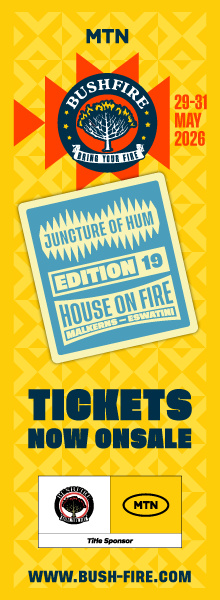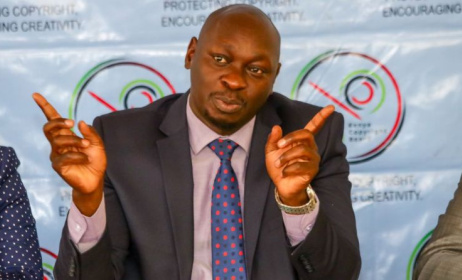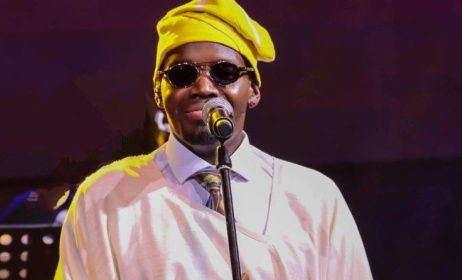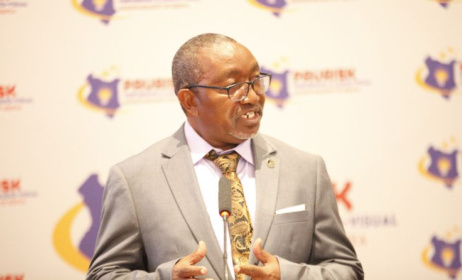The mixed fortunes of music sponsorship deals
Mixed fortunes continue to befall sponsored entities in their search for that elusive dollar. While the 2018 Coachella festival attracted brands with innovative activations, the FIFA World Cup struggled to maintain support.
 Coachella presents an opportunity for brands to directly engage festivalgoers.
Coachella presents an opportunity for brands to directly engage festivalgoers.
Increasing dissatisfaction among sponsors is causing companies to seek new partnerships in 2018. Though factors like approach and pitching techniques are still important, the ability to recognise and remedy sponsor dissatisfaction is the driving force in marketing this year.
Ordinarily, approach plays a critical role in the search for sponsors. A barrage of proposals flood marketing departments on a daily basis, which means that one needs to approach a potential sponsor with care and tact. According to Eventbrite’s 2018 Guide to Event Sponsorship, one should never email a proposal. Yet nearly half of the surveyed respondents say that email is their primary method to contact sponsors.
It takes time to create a relationship that secures commitment. Leading with a proposal can be presumptive and counterproductive. Experts recommend a soft approach where the aim is to get a meeting with the decision makers. Initial communication should be brief, consisting of short emails to demonstrate to the potential sponsor that you are interested in the company's goals and challenges.
Sponsor dissatisfaction is another major hurdle dogging sponsorship deals globally. According to IEG’S 2018 report on what sponsors want, global spending on sponsorship this year is expected to hit $65.8bn up from $62.7bn. It estimates that by the end of the year, sponsorship will rise by 4.5% while advertising and promotion will grow by 3.4% and 3.5% respectively. Though gross spending on sponsorship is expected to rise, the survey reveals that 68% of sponsors are looking for new deals. Their dissatisfaction is attributed to a shift in terms of the benefits they look for in partnerships. While most companies focus on traditional benefits such as on-site branding, many sponsors now want a social media presence.
When asked what benefits sponsors want out of a deal, 55% said they wanted category exclusivity, 42% digital presence, 38% ticket and hospitality, 36% rights to property content for digital and other distribution, 32% on-site signage, 21% a right to promote co-branded products, 21% access to celebrities, 19% access to fan data and 19% broadcast and advert opportunities.
The ability to measure the success of a campaign is another critical element that sponsors are looking for in 2018. But almost half of the companies surveyed admitted to committing only about 1% of their sponsorship budget to measuring return.
It takes two to tango
In East Africa many small and medium enterprises (SMEs) are disillusioned with their sponsorship deals for a variety of reasons. Experts claim that unrealistic budgeting hampers the execution of many sponsorship deals, especially in Kenya.
Abel Mutua is a Kenyan comedian and a leading content creator who has produced several TV shows.
“We really need to rationalise sponsorship budgets. Many companies come to us with limited budgets but expect us to deliver professional work," he tells Music In Africa. "It's not practical to set a value of how much you want to pay for a service without first considering its cost or expected benefit. We appreciate that companies have limited resources for their marketing budgets but it is not productive to be penny-wise and pound-foolish.
“Many SMEs don’t understand the real importance of a brand and as such don’t see the value of investing in growing brand equity. Consumer behaviour is driven by emotions and that is where music, as a leading passion point, comes in.”
A prevalence of ill-advised sponsorship deals has been cited as another reason sponsors in Kenya continue to reap limited returns from their investments. PHAT! Music & Entertainment executive director Mike Strano says companies don’t engage entertainment professionals when crafting partnerships. This leads to poorly executed deals that do not benefit the sponsor.
“In the East African region, Uganda and Tanzania have had some success stories in terms of celebrity endorsements. However, Kenya lags behind. There are very few that have been done right," Strano says.
“Many artists don’t have a management team to achieve the typical key performance indicators (KPIs) of a celebrity endorsement. Corporates, on the other hand, get into this partnerships without clearly defined and measurable objectives. We must deal with these past failures definitively before we can negotiate new deals in 2018. ”
While music is a subjectively interpreted art form, a sponsorship deal is a business decision that should be founded on facts. Many professionals have fallen victim to the tendency to deploy a marketing budget based on their personal music preference. They pick an artist because they love their music, not because the artist has a brand that is relevant to their business.
“We once approached a client with a well-crafted proposal but he didn’t see the value of our idea," Decimal Records CEO Eric Musyoka says. "Later on we learnt that he invested even more than we were asking for in an artist just because he liked them. In the end he didn’t get a return on investment.
"It is puzzling how investors do their due diligence when getting into real estate but jump into entertainment without proper advice. Sponsorship deals are a business decision that should be based on facts, not emotions. The ripple effect is that many companies are not willing to get into sponsorship deals because of bad experiences in the past. We are having to work very hard to close sponsorship deals.”






























Comments
Log in or register to post comments